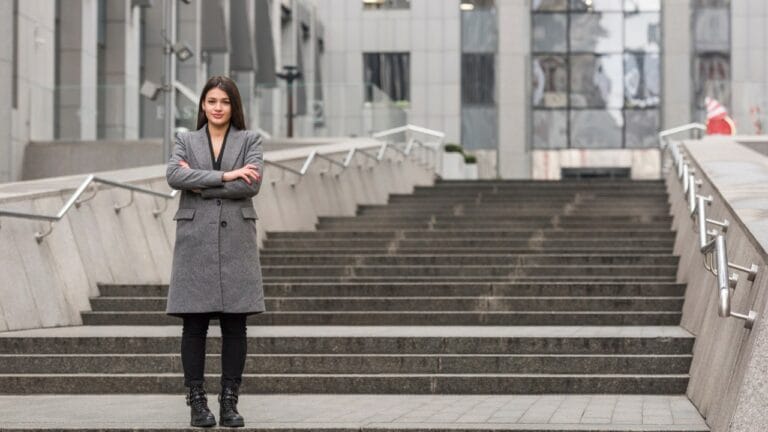This morning was not like any other. I was reminded of how fragile our lives can be when external forces beyond our control disrupt the simplest of plans. Islamabad, our capital, has been in a state of lock-down for several days due to the ongoing PTI rally, led by Ali Amin Gandapur from Peshawar. The government, in a move to prevent the rally from reaching the heart of the city, has blocked all major routes. What seems like a political maneuver on the surface, however, has had profound effects on the lives of ordinary people, and this morning I experienced just that.
The Unseen Consequences
This roadblock had a direct impact on me and my family. Today, we were on our way to our village to attend to a family emergency. But the journey was cut short as we encountered blocked roads on the GT road, a crucial artery that connects Islamabad to many surrounding areas. With no way forward, we were forced to turn back, unable to reach our destination. To make matters worse, phone services were also down, leaving us unable to contact our relatives to inform them that we wouldn’t be arriving.
But this inconvenience, as frustrating as it was, paled in comparison to another story that struck me hard. I know someone personally—a patient returning home after dialysis—who was caught in this same political turmoil. For him, it wasn’t just a missed appointment or a delayed trip. It was a serious, life-threatening situation. The delay caused by the roadblock worsened his already fragile health condition. In moments like these, the real cost of political action becomes clear: it’s not just about policies or statements. It’s about the lives affected in ways we rarely consider.
A Call for Greater Responsibility
As Pakistanis, we are no strangers to political rallies, protests, and movements. They are, after all, part of the democratic fabric. But in the pursuit of political agendas, it’s crucial to remember the human element. Lives are at stake—whether it’s the patient who couldn’t reach home after dialysis, or families like mine trying to navigate personal emergencies.
When political actions lead to the blocking of essential services, roads, and communication channels, the ripple effects can be devastating. What may seem like a temporary inconvenience to some could be a life-threatening situation for others. This isn’t about which side of the political divide one stands on. It’s about the need for thoughtful, responsible actions from all parties involved.
Looking Beyond Politics
As I reflect on this morning’s events, I can’t help but think about the bigger picture. We often focus on the grand political narratives, the leaders, the policies, and the movements. But it’s the individuals who quietly bear the brunt of these actions. Whether it’s a rally, a roadblock, or a shutdown of services, these decisions should always be made with the well-being of the public in mind. No political movement should come at the cost of ordinary lives.
A Moment for Change
This experience was a stark reminder that, as a society, we need to hold our leaders accountable—not just for their political achievements, but for how their actions impact the everyday lives of the people they serve. We must demand a political environment that allows for free expression without putting lives in jeopardy.
I hope that in the future, our political leaders—whether in government or opposition—will remember the people they represent. Because at the end of the day, it’s not just about winning a rally. It’s about ensuring that in the process, no lives are put at unnecessary risk.
Final Thoughts
This morning was a lesson in perspective. It is a reminder that our lives, as interconnected as they are, can be deeply affected by decisions made far beyond our reach. It was also a call to action—for all of us to think about the real cost of political decisions and to advocate for responsible leadership that puts people first.
Let’s make sure that our political movements don’t just make headlines, but also respect the lives and needs of every Pakistani.



